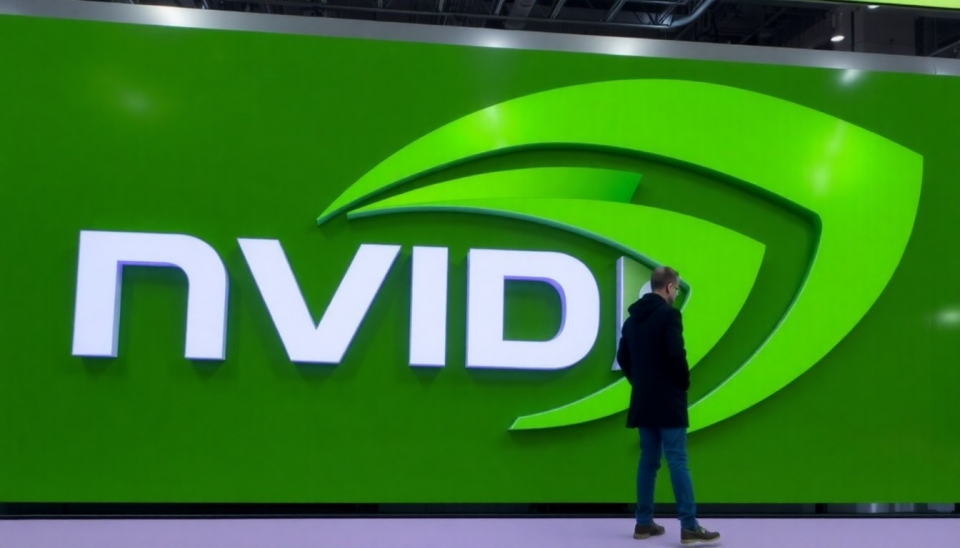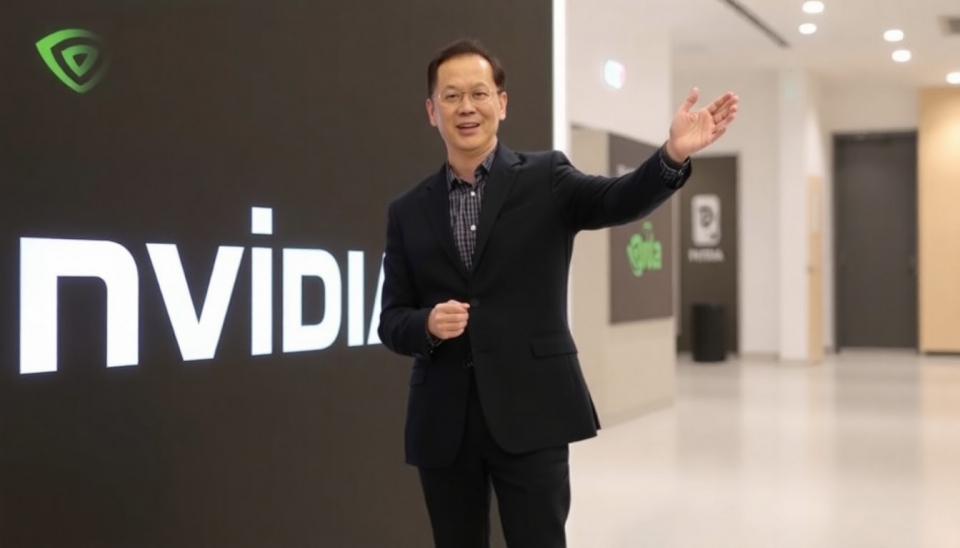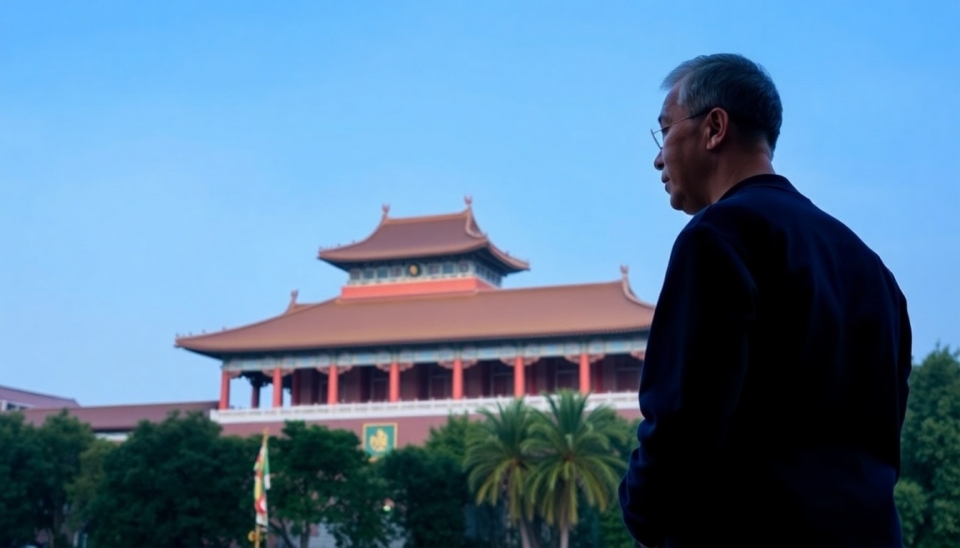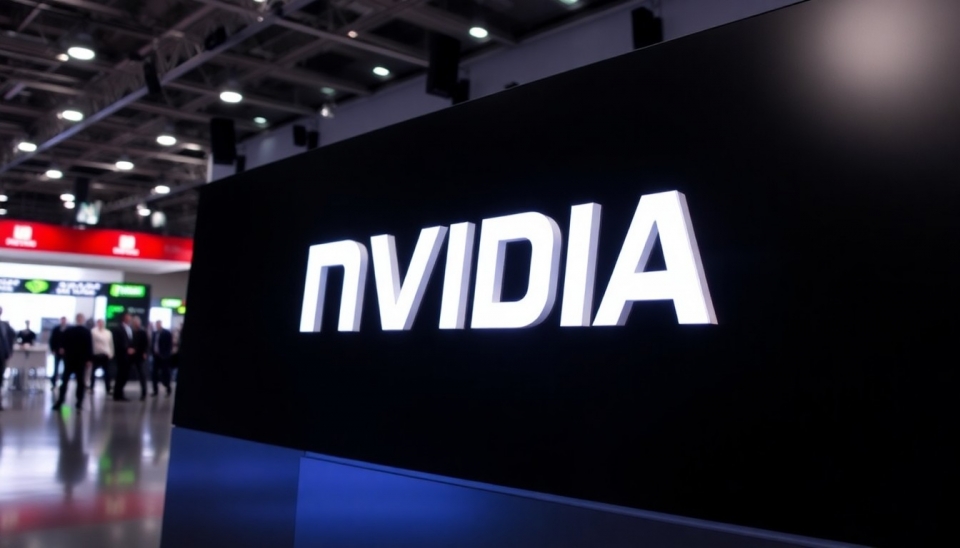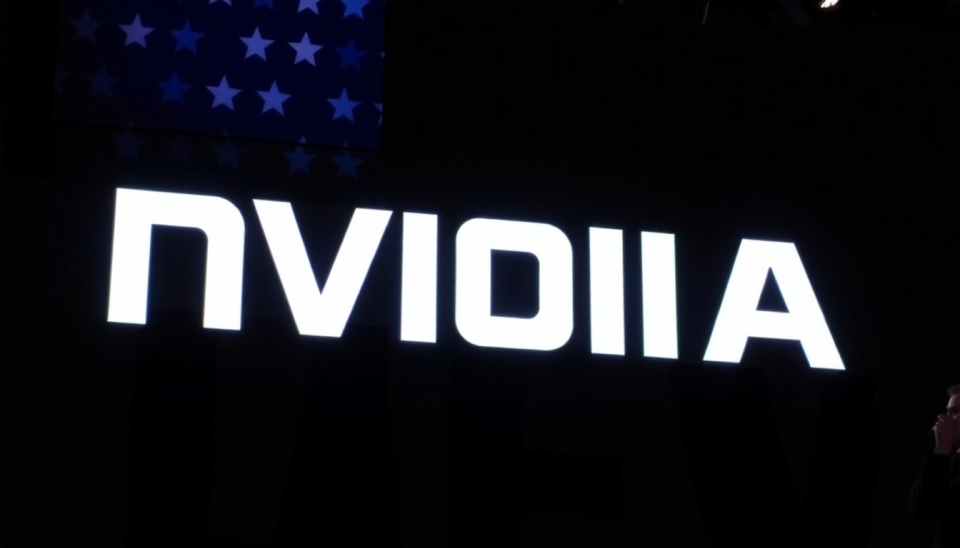
In a significant incident that raises concerns about U.S. leadership in the rapidly evolving landscape of artificial intelligence (AI), NVIDIA’s CEO Jensen Huang recently dined with a controversial figure at Mar-a-Lago, raising eyebrows across the tech industry and beyond. This meal has brought to the forefront discussions about the implications of personal affiliations in the global tech race, especially as the United States grapples with its position against other tech-savvy nations.
The dinner took place amid escalating competition in AI, spearheaded by not just U.S. companies but also significant advances from countries like China. Huang, who has firmly established NVIDIA as a leader in AI hardware and software, has a crucial role in the development of AI technologies. However, his presence at a politically charged venue like Mar-a-Lago, owned by former President Donald Trump, could be perceived as misalignment with the broader interests of the U.S. tech sector, particularly when cooperation and a unified front are essential for maintaining leadership against rival nations.
This gathering has ignited discussions about the potential ramifications of Huang's social engagements on NVIDIA's reputation and that of the tech sector in general. As the United States seeks to cultivate strategic partnerships and foster innovation within the AI community, the optics of high-profile meetings may send mixed signals, potentially undermining the cooperative spirit essential for tackling emerging challenges in AI technology.
Critics argue that such associations could complicate the delicate balance of international relations, especially in an era where technological prowess is closely tied to national power. The synergy between private sector innovations and government regulations is crucial, making it essential for leaders in technology to navigate political landscapes carefully. Huang’s dinner choice has sparked debates around whether personal affiliations will affect stakeholders’ confidence in NVIDIA’s commitment to ethical AI development and deployment.
Furthermore, the incident has amplified conversations around the perceived risks of individual leaders aligning with political figures who might not prioritize the collaborative efforts necessary for global tech advancement. As nations draft policies and regulations aimed at AI governance, clarity and stability are vital, and unpredictable associations could lead to fragmentation in the collaborative environment that the tech sector so desperately needs.
As the competitive race towards AI supremacy heats up, experts emphasize the importance of maintaining a strong national narrative that prioritizes technological innovation while being wary of divisive politics. Huang’s high-profile dining arrangement serves as a reminder that the interplay between business, politics, and innovation will require careful management to navigate the complexities of the current geopolitical landscape.
In conclusion, the conversation surrounding NVIDIA CEO Jensen Huang’s choice of dining partners is emblematic of broader concerns over the West’s ability to maintain its lead in AI technology. As the stakes continue to rise, it is candidly clear that the intersection of technology and politics is more critical than ever, and leaders in the industry must proceed with a calculated approach to safeguard collaborative advancements that unify rather than divide.
#NVIDIA #AILeadership #TechPolitics #JensenHuang #Geopolitics #ArtificialIntelligence #MarALago #Innovation #TechIndustry
Author: Liam Carter
